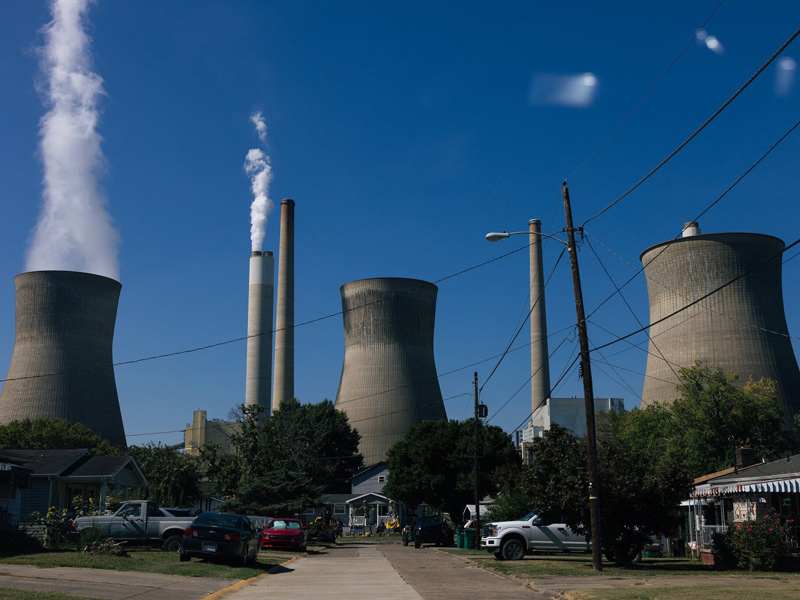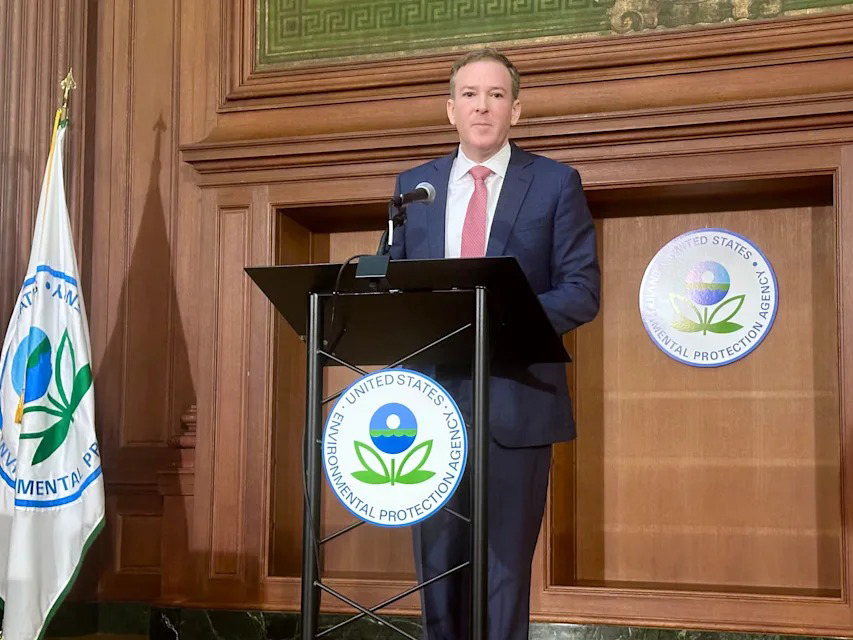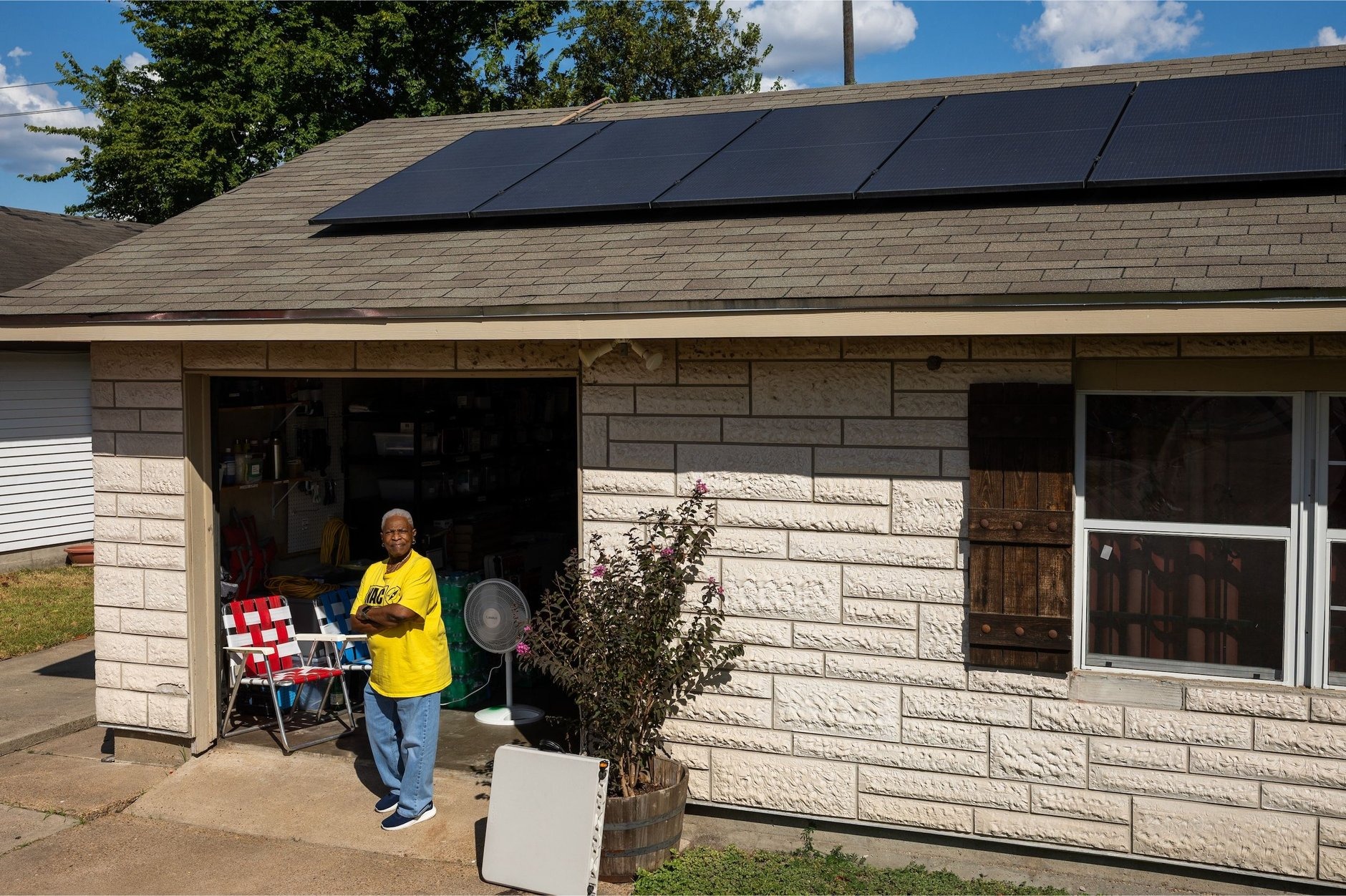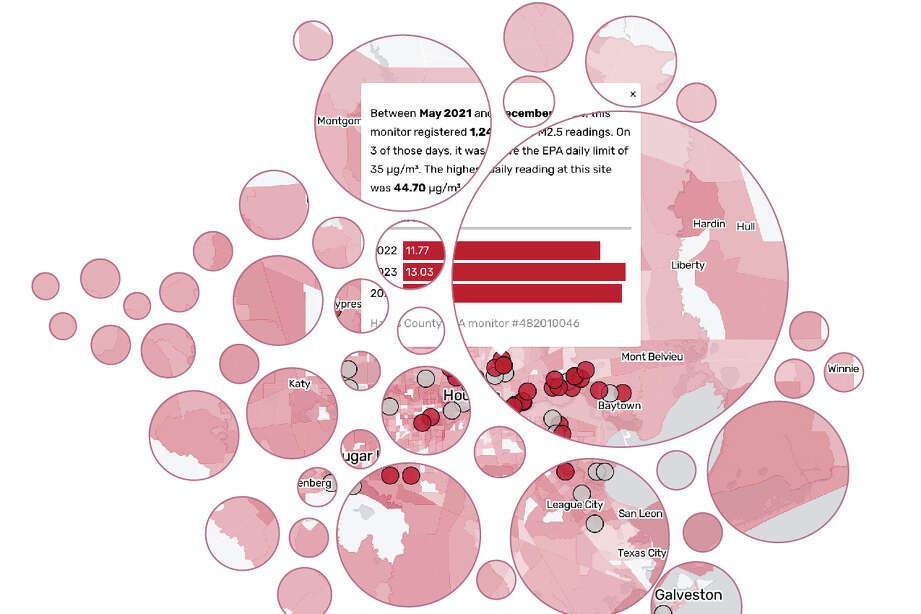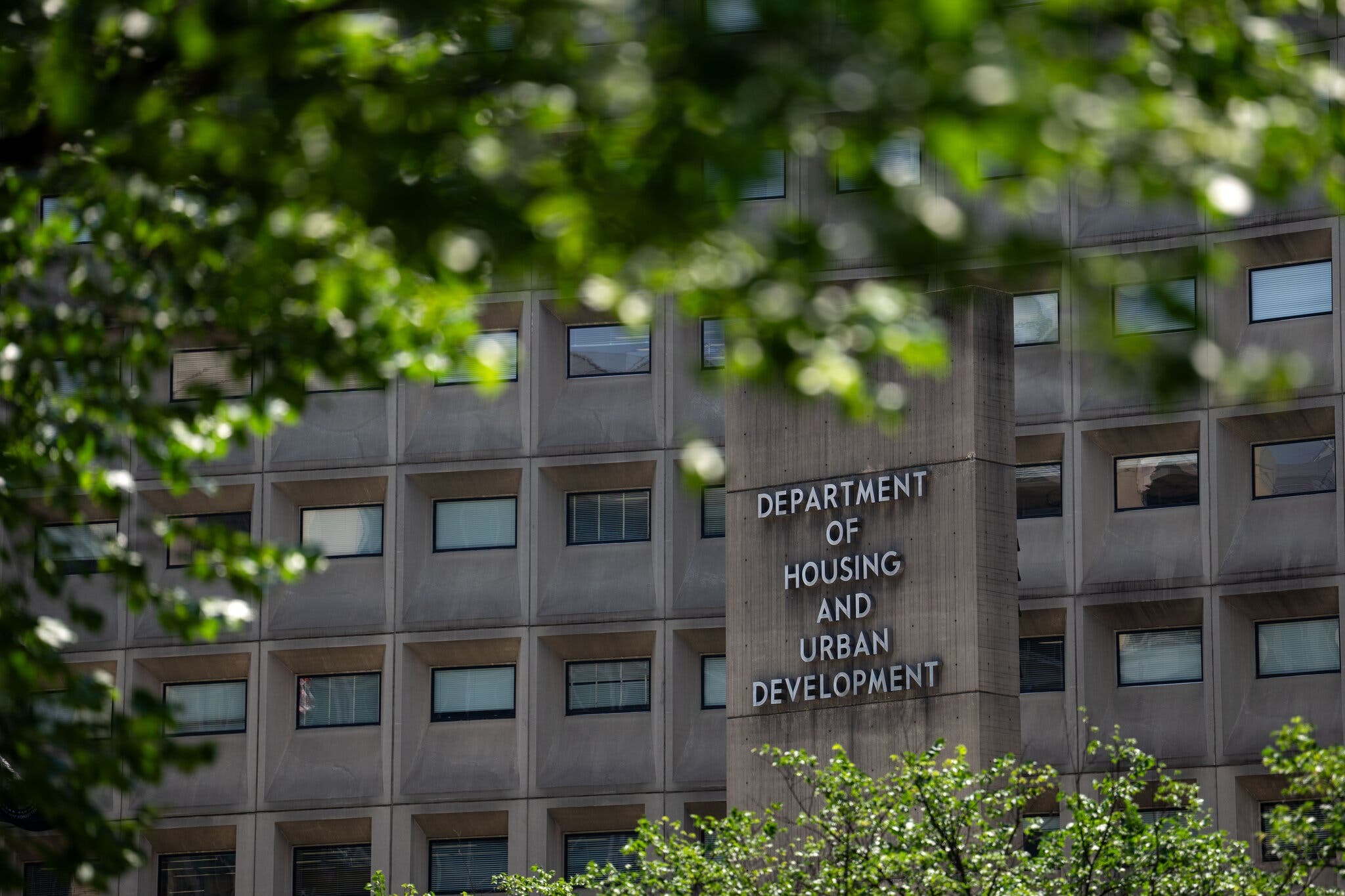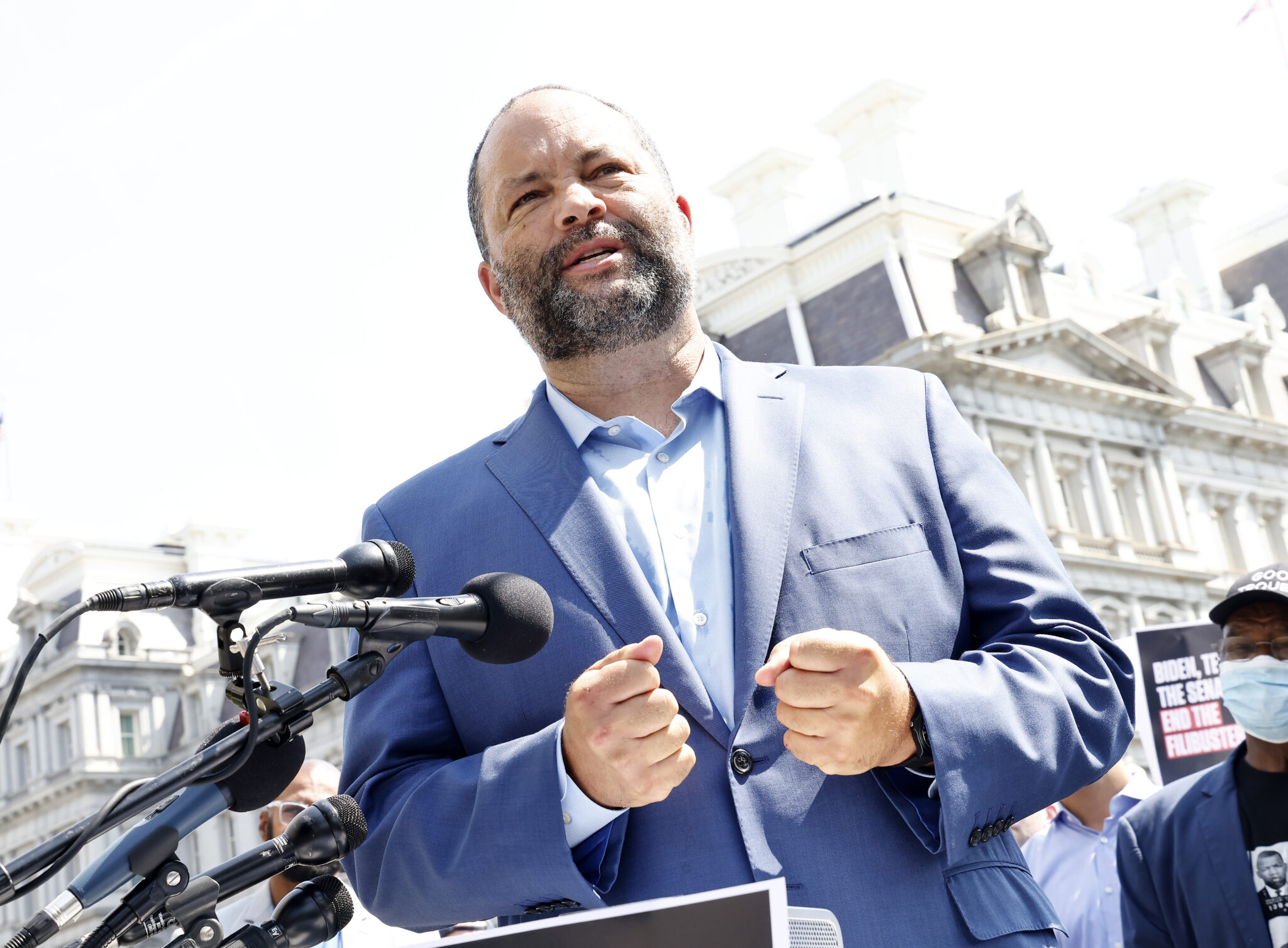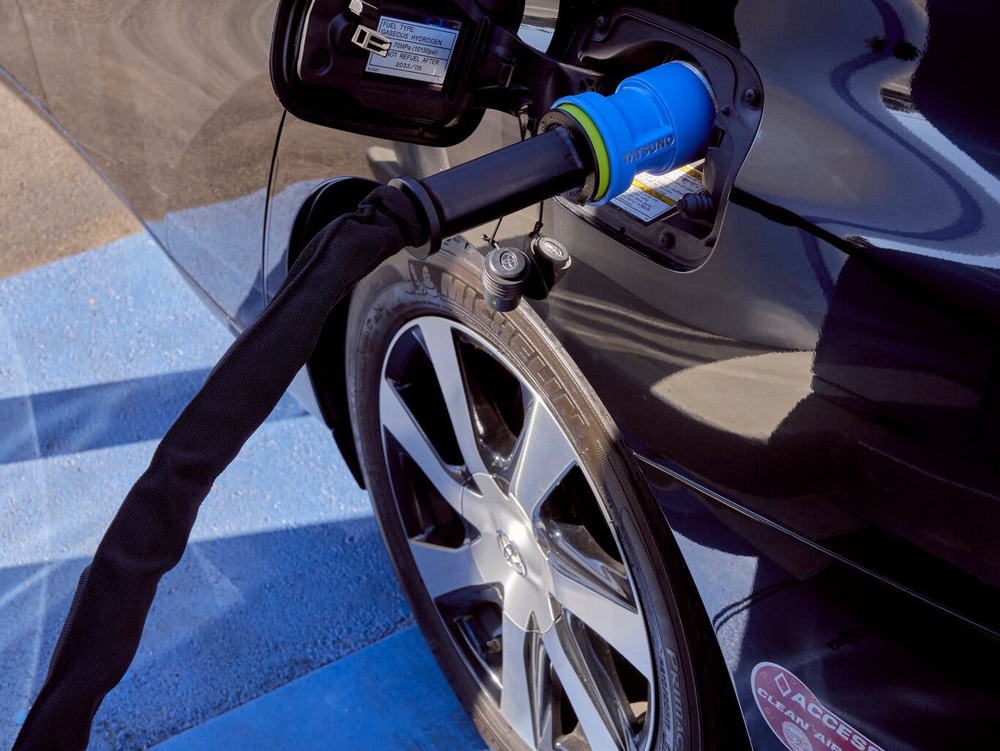Growing evidence shows that poor and Black, Latino and other racial and ethnic groups are typically more vulnerable than white people to pollution and climate-driven floods...
For farms and rural businesses, a fresh and funded harvest includes the sun

Federal hydrogen hubs funded under the 2021 Bipartisan Infrastructure Law aim to decarbonize heavy industries, but communities near proposed sites criticize the Department of Energy (DOE) for inadequate transparency and engagement. Despite federal environmental justice mandates, many communities feel excluded from decision-making processes, with public input delayed until after funding is allocated. Concerns include potential health risks, environmental impacts, and limited local benefits. Critics argue that the DOE lacks the infrastructure to meet its environmental justice promises, pointing to insufficient compliance with principles outlined in the Environmental Justice for All Act. Community advocates stress the need for earlier and meaningful involvement to ensure fair outcomes and avoid conflicts. With $7 billion allocated for the seven hydrogen hubs, calls for improved communication and accountability grow, as changes in environmental policy under the incoming Trump administration could further complicate these projects.
A 2024 report reveals that just 32 fossil fuel companies, led by state-owned giants like Saudi Aramco and Coal India, were responsible for half of the world's total CO2 emissions.
Neptune Flood proposes phasing out the National Flood Insurance Program, arguing private insurers can better assess risk using AI. Critics warn this shift may leave flood-prone...
The Trump administration's E.P.A. will no longer include the monetary value of human lives saved from pollution reductions in rulemaking. This shift may ease the repeal...
Environmental groups have filed suit against the Louisiana Department of Conservation and Energy, claiming it violated legal and constitutional obligations...
EPA eliminates mention of fossil fuels in website on warming's causes. Scientists call it misleading
EPA removed fossil-fuel references from its climate causes page, emphasizing natural factors. Scientists and former officials say the change misleads the public...
Fossil fuel companies are massively expanding plastic production to offset declining fuel demand. This shift drives pollution, harms public health...
In northeast Houston, residents are creating solar-powered “hub homes” to serve as community refuges during power outages, filling the gap left by the lack of formal resilience...
Houston’s air pollution, especially PM2.5, is rising again, disproportionately affecting marginalized communities near industry...
Internal documents and whistleblower accounts reveal that Trump appointees at HUD have gutted enforcement of the Fair Housing Act, slashing staff, blocking cases,
Houston leads major U.S. cities in poverty, with 21.2% of residents—over 500,000 people—living below the federal threshold...
After 26 years at EPA, environmental justice pioneer Charles Lee retires and joins Howard University’s Environmental and Climate Justice Center, arguing that despite Trump...
Two decades after Hurricane Katrina, overlooked survivors are reclaiming their narratives through TikTok, challenging long-standing portrayals from 2005.
The Sierra Club fired Executive Director Ben Jealous after no-confidence votes, budget cuts, layoffs, and misconduct concerns. Union leaders welcomed his departure...
U.S. clean hydrogen projects are collapsing amid shortened tax credit deadlines, rising energy costs, and policy shifts, leaving most proposals ineligible and investors...





